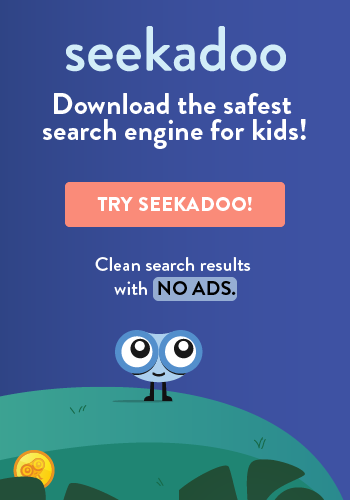
Fortnite is barely a year old, but it’s already an institution among gamers. In fact, people who don’t even play the game still find themselves doing Fortnite dances with their friends or watching YouTube videos of people playing Fortnite. But there’s more to Fortnite than meets the eye, and it’s something parents need to be concerned about.
Fortnite is free to download. It is wildly popular game and it has a huge presence on the internet, despite technological challenges of online play,. Maintaining the game and its many servers isn’t cheap. While Fortnite brings in plenty of revenue from in-game purchases, it also makes money the way all online advertisers do – by profiting off of personal data.
When confronted with privacy policies, we’re so accustomed to quickly clicking “Accept” that we don’t always realize the risks that lie under the surface. Fortnite, given how many kids play the game on a regular basis, should be an exception. The Epic Games privacy policy is fairly standard as far as privacy policies go. Yet, not everyone knows what they’re signing up for when they download the game. Even fewer people know what this policy really says.
Fortnite’s privacy policy is anything but private.
The privacy policy begins with a look at data provided by the user to Fortnite. By extension, the user is also providing the data to Epic Games. The policy clearly states that any type of inputs – for example, contest entries or in-game purchases – are shared with Epic Games. This isn’t all that surprising, although it does present one type of risk. With data breaches popping up on a daily basis, all consumers should be careful about storing their payment information online. But it’s the next two sections of the privacy policy – automatically collected data and data collected from others – that really warrant attention.
When you look at the summary of what’s automatically collected, it’s easy to get the impression that everything is on the up and up. After all, we all know browsers leave cookies on computers and what not. But there’s a ton of gray area here. And the more you read, the more freaked out you’ll get.
The privacy policy explicitly states that the device used to access Fortnite, length of time played and location (based on IP address) are captured. That’s just the tip of the iceberg, unfortunately. Phrases like “Information that facilitates a safer and more personalized experience” aren’t likely to give parents much comfort. That could mean any sort of identifiable information, above and beyond the standard user name. Remember, Fortnite relies on communication, and that communication occurs through voice chat. Who’s to say that Fortnite isn’t recording conversations that take place through their chat service? There’s a reason why the Nintendo Switch version of Fortnite uses its own voice chat system, as opposed to relying on the one provided by the Switch online service.
Trying to improve your game, can compromise your privacy even more.
And then there’s the really scary stuff – the linking of third party software to a Fortnite account. Kids are always looking for ways to get better, and third-party software developers are fully aware of this fact. This creates a strong possibility of a child unwittingly downloading malicious software onto their phone or computer. What they think is a tool that will help their Fortnite play may actually be a program designed to steal personal information.
Sadly, this isn’t just a fear – this is all too real. Fortnite recently launched an Android version of the game, but due to a dispute over payment on in-app transactions, Epic isn’t listing its game in the Google Play store. As a result, dozens of unscrupulous developers have uploaded bogus versions of Fortnite which are really malware in disguise. The privacy concerns found in Epic Games’ privacy policy don’t even hold a candle to the dangers of these viruses.
There’s a lot for parents to consider when it comes to Fortnite. While violence and excessive screen time are important concerns, they’re actually a far cry from what’s truly troubling about Fortnite. Be sure to consider all of the privacy implications that can come from playing Fortnite. Have a talk with your child about why this is so important. Saying or doing the wrong thing in Fortnite can have a major impact on both of your lives.






